

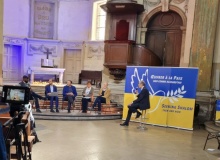
The hybrid State of Europe Forum’s theme ‘Seeking shalom’ (Paris), was addressed in three bi-lingual plenary sessions, seekingto ‘understand the times’ and ‘to know what God’s people should do’.
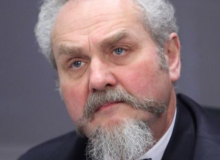
Russian historian Andrey Zubov: “Putin says ‘Russia wants this’ or ‘Russia demands that’. No, it’s Putin and the Kremlin making demands — not Russia or Russians”.

Doubts about the new (proposed) laws which cover talking therapy are being expressed from within LGB (Lesbian, Gay, Bisexual) circles themselves.
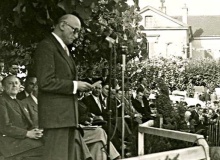
The biography of Columbanus and Robert Schuman, is a unique contribution filling a major gap in literature on the making of Europe.
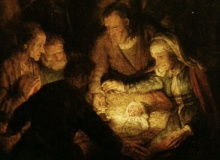
The story shows no sign of dying. Even here on the streets of Amsterdam, nativity scenes sprout in unlikely locations.
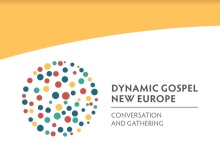
Sometimes we need to risk sticking our heads out over the parapet to look beyond our own church, organisation, neighbourhood or nation.
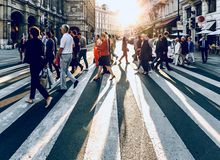
Public theology informs the faith community when moving beyond personal discipleship and church life into the public square.
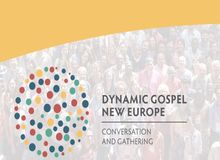
We need others from different backgrounds to help us think outside our own box. We need to hear what God is doing in other parts of Europe.
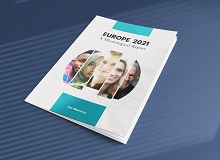
Europe 2021 is a document which church and mission leaders everywhere should download and study. It is an evangelical rarity.

Evangelical Christians ought to be the first to be committed to seeking truth, standing for truth and spreading truth.
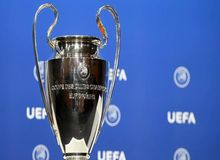
Britten’s direct inspiration was the regal music called Zadok the Priest and the text is based on the opening chapter of I Kings, verses 39 & 40.
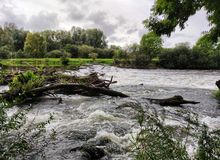
Diversity is something believers can affirm within the boundaries of God’s purposes.

British football was shaped by a movement called ‘Muscular Christianity’ encouraging the game for its social and physical benefits and to win young men for the church.
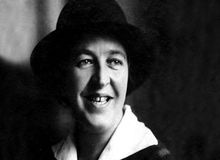
Hers is a story of sheltering Jews, of imprisonment in Nazi concentration camps, a surprise release and of her worldwide mission to spread a message of forgiveness.
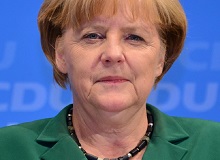
Angela Merkel today is recognised as one of the world’s most successful and trusted political leaders. Why?

Exactly how religion and politics relate remains a subject of muddled thinking in evangelical circles on both sides of the Atlantic.
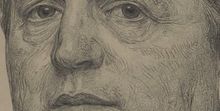
In his own nation, he remains a prophet without honour. In the English-speaking world, a growing following of students, scholars and pastors are discovering Abraham Kuyper as a man of ideas still vitally relevant for the challenges facing Christians the world over today.

Be alert for new opportunities new challenges bring, trusting in God’s sovereignty.
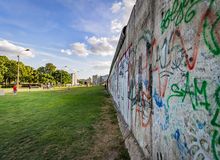
The future both of Germany and of the EU has no guarantee without a restored transatlantic relationship of trust and cooperation.
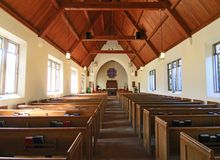
Would this already-ailing institution ever recover from lockdown?
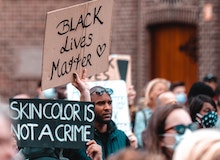
It’s one thing to know what to protest against. It’s another to know what vision for society, for our nation, for the world, to champion.

God hasn’t abandoned His broken project. He hasn’t left us in our brokenness. He has actually joined us in our suffering.

May this crisis make you ponder life and death, and what is truly valuable.

We need to learn to look for where God is at work quietly and behind the scenes. What might God bring out of all of this?

Suddenly we have all realised our common vulnerability. Never in human history has our common fate been shown to be so interlinked.

Las opiniones vertidas por nuestros colaboradores se realizan a nivel personal, pudiendo coincidir o no con la postura de la dirección de Protestante Digital.